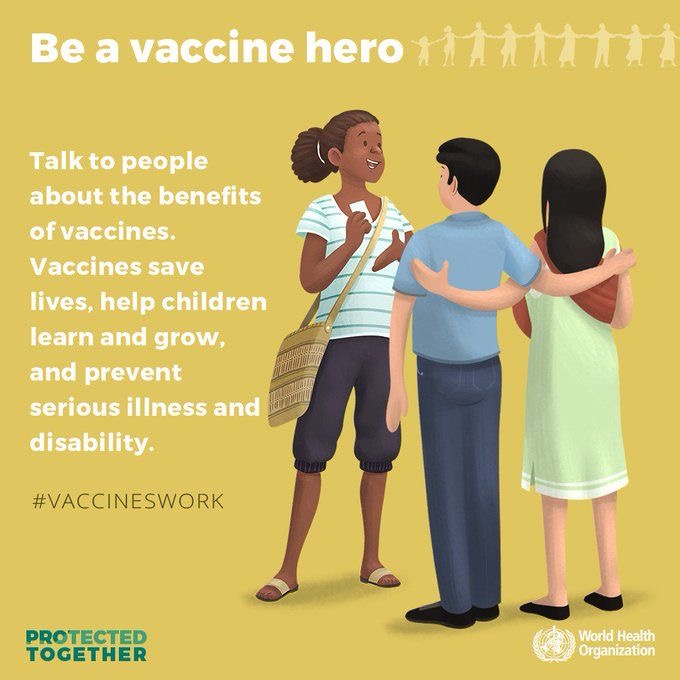
In light of the recent introduction of the HPV vaccine into Nigeria’s routine immunization program, it is crucial to address and effectively deal with the misinformation surrounding this important public health initiative. With the aim of reaching 7.7 million girls, the vaccination program has faced significant opposition from anti-vax campaigners, leading to increased misinformation and confusion among the public.
To effectively combat misinformation, it is essential to provide accurate and evidence-based information to the public. The World Health Organization (WHO) has developed a fact sheet on HPV and Cancer, which provides comprehensive and reliable information on the vaccine and its role in preventing cervical cancer. This resource can be utilized by healthcare professionals, policymakers, and community leaders to disseminate accurate information and address concerns related to the HPV vaccine.
Furthermore, engaging with the community through educational campaigns, town hall meetings, and social media outreach can help dispel myths and misconceptions surrounding the vaccine. Emphasizing the safety and efficacy of the HPV vaccine, and highlighting its role in reducing the burden of cervical cancer can also help build trust and confidence in the vaccination program.
It is crucial for all stakeholders, including the government, healthcare providers, and civil society organizations, to work together in addressing misinformation and promoting the uptake of the HPV vaccine. By leveraging accurate information and engaging with the community, we can effectively combat misinformation and ensure the success of the HPV vaccination program in Nigeria.
Checkout all my current offers HERE




